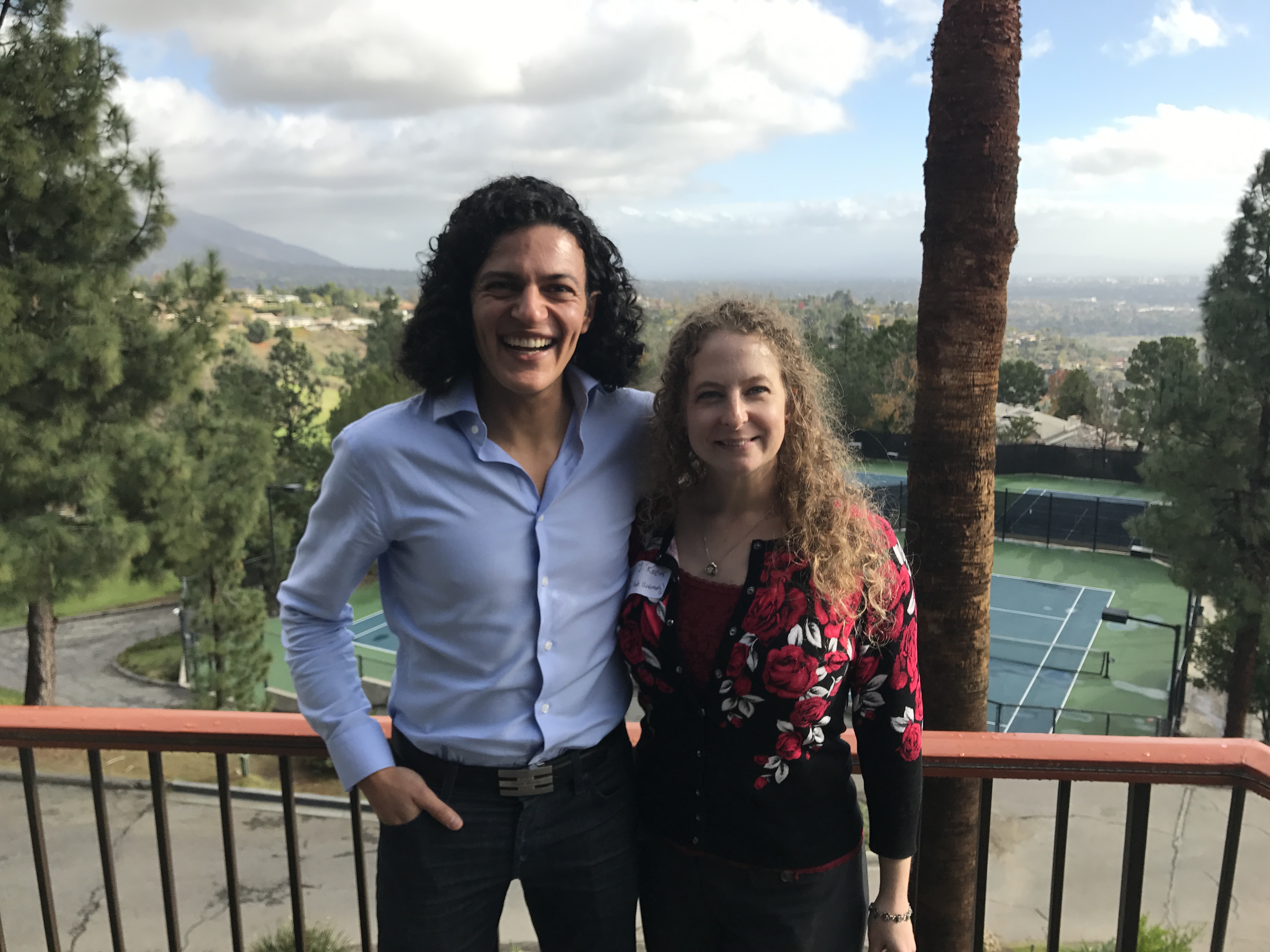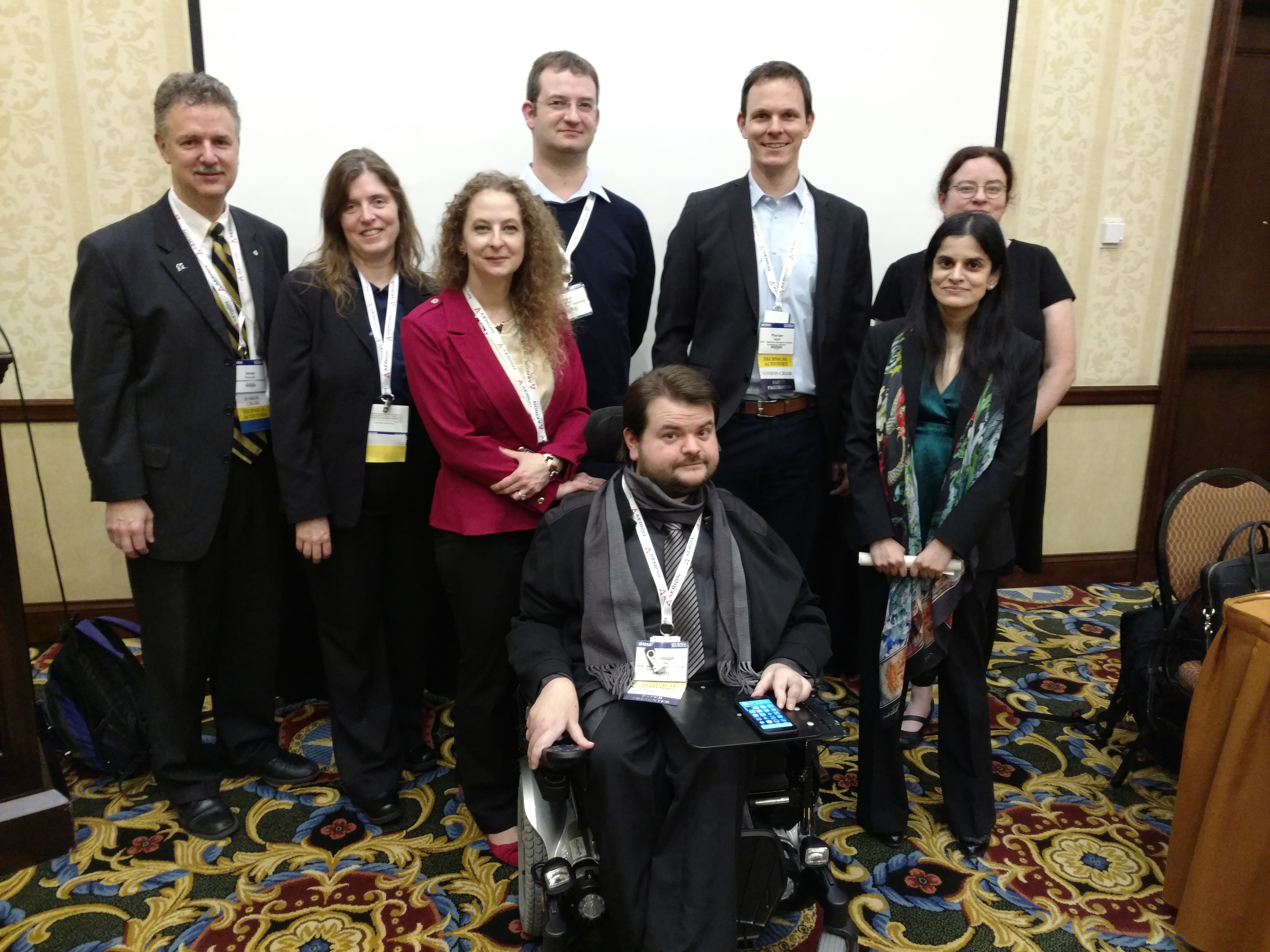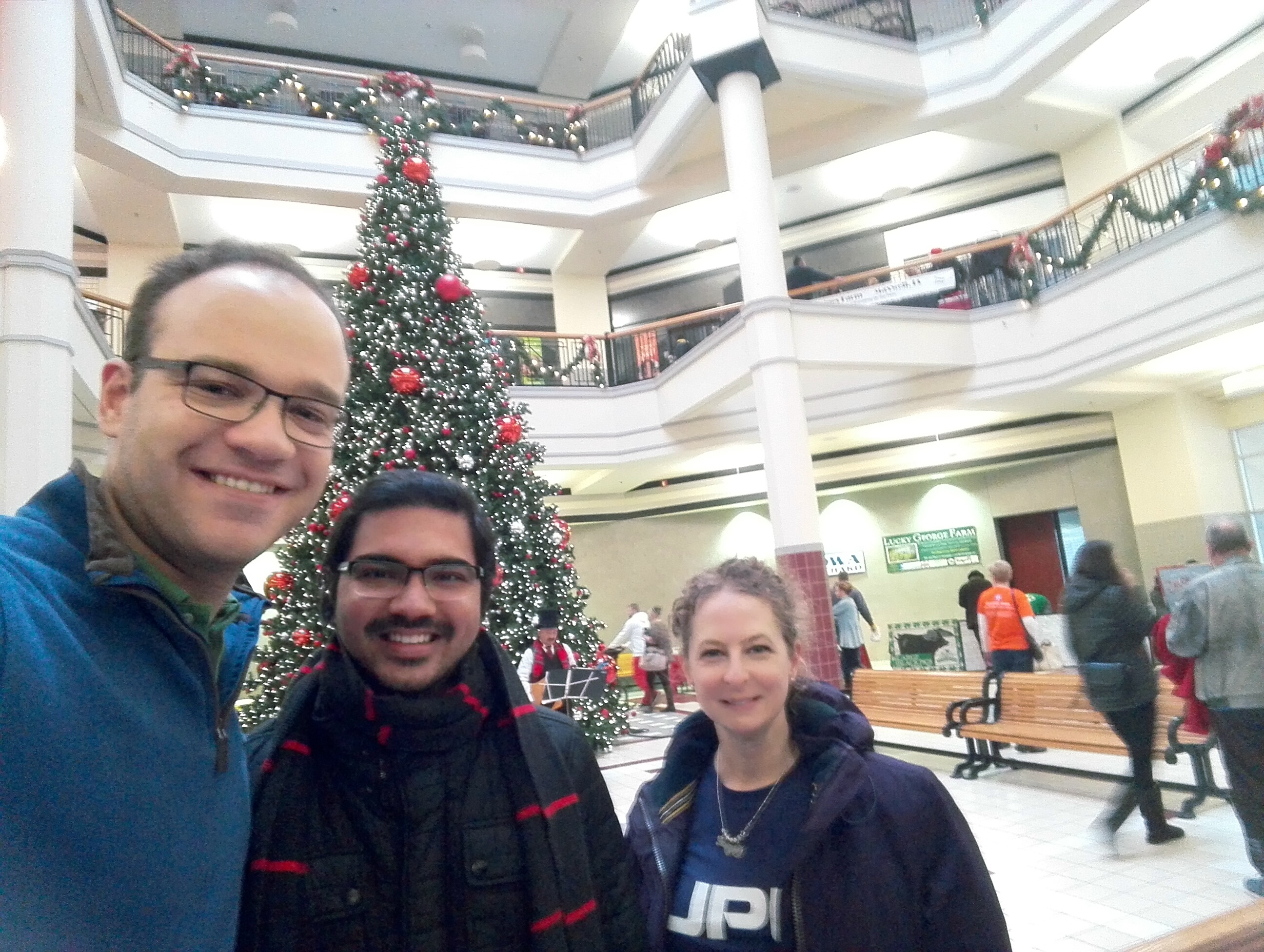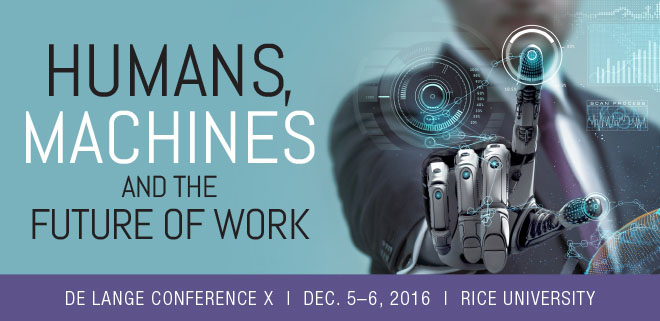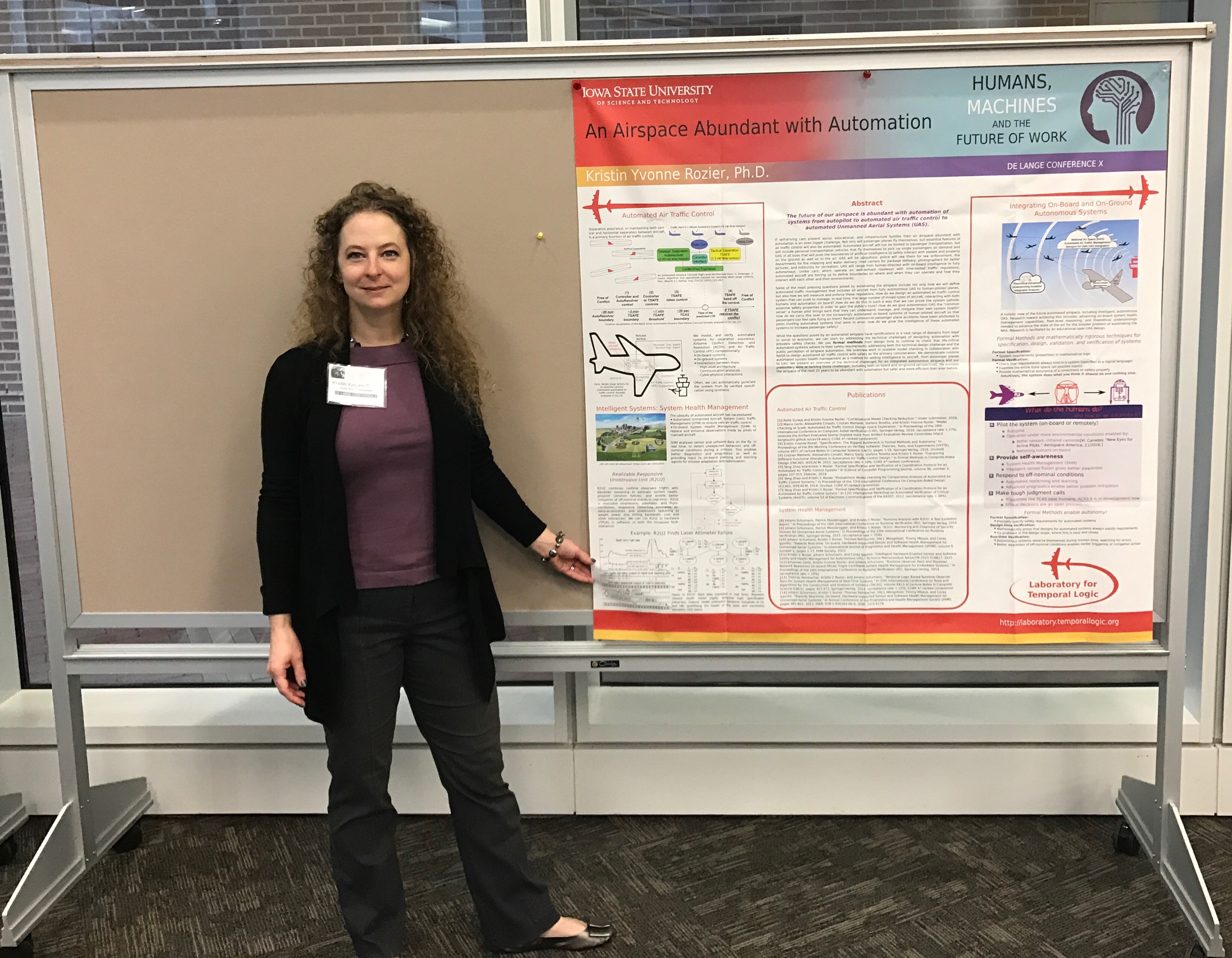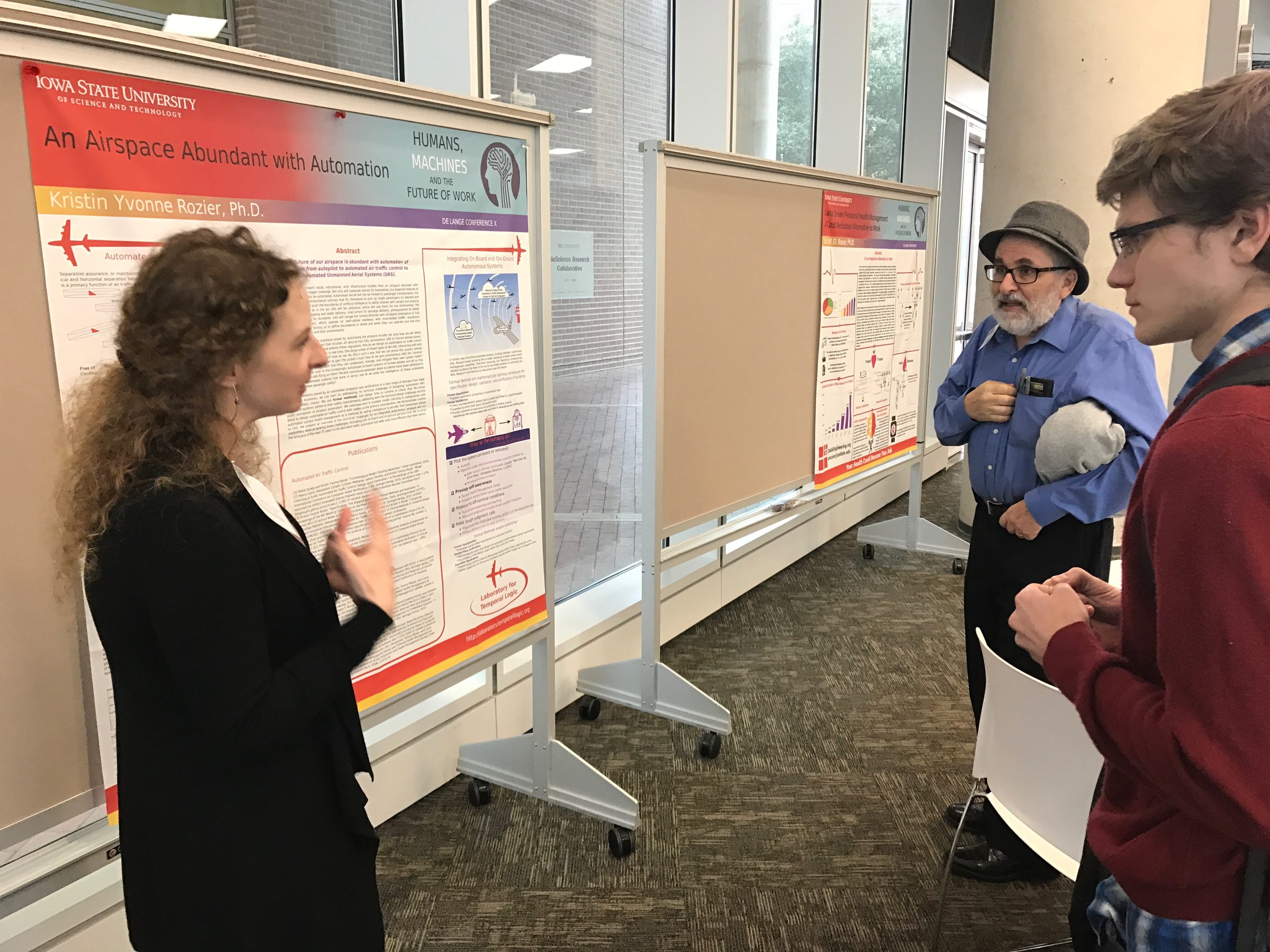R2U2, the Realizable, Responsive, Unobtrusive Unit for on-board system and software health management was featured in two presentations this week.

At the Spacecraft Flight Software Workshop (FSW’16), Prof. Kristin Yvonne Rozier delivered a talk on “R2U2 in Space: System and Software Health Management for Small Satellites.”
Abstract:
In order for small but complex systems like rovers, SmallSats, or Unmanned Aircraft (UAS) to operate autonomously, they must have a real-time solution for assessing their own system health. System ans Software Health Management (SHM) enables better detection of faulty sensors and software problems, and enables better fault management including mitigation of unpredicted fault scenarios in the absence of a human on-board. In recent work, we have developed a Responsive, Realizable, Unobtrusive Unit (R2U2) for on-board SHM of autonomous UAS and demonstrated its ability to detect faults during flight time. These faults, from sensor failures, to software problems, to malicious security attacks, can present as transient temporal faults that even humans are challenged to find. An R2U2 configuration is a modular combination of multiple types of temporal logic runtime observers with fault-specific Bayesian Nets and sensor filters. R2U2 reasons about both on-board hardware and software components; R2U2 itself can be instantiated as an independent FPGA-based configuration or as a software component running independently from other software on-board.
Small satellites, such as CubeSats, also require on-board SHM and failure mitigation, as limited telemetry bandwidth does not allow the transmission of the entire system state for ground-based health management. However, the autonomous operation of satellites brings a set of challenges different from UAS, including the effects of radiation on non-rad-hard, low-cost components, and the harsher environment of space. We surmise that a new extension of R2U2 could be adapted to help better detect, for example, radiation errors in cheaper COTS (not rad-hard) components often used in small space systems. Since small satellites often operate in coordination, we will also examine new ways of distributed monitoring of their communication and cooperation and real-time detection of off-nominal situations utilizing multiple satellites. This talk will discuss preliminary work and ideas for building on terrestrial success of system and software health management for the harsher, and differently challenging, environment of space.
NASA Jet Propulsion Laboratory, in conjunction with The Aerospace Corporation and The Johns Hopkins University Applied Physics Laboratory, hosted FSW’16 at the Beckman Institute Auditorium, California Institute Technology, December 12-15, 2016. The workshop featured a LiveStream YouTube Channel where videos of all sessions can be viewed online.
Workshop Background:
“With the advent of faster processors and advanced hardware architectures, the modern spacecraft is highly reliant upon flight software for mission success. Software is integral to most of the spacecraft subsystems ranging from power to propulsion to instrument operations. Additionally, spacecraft developers are moving beyond providing only infrastructure to creating applications that can revolutionize how these vehicles are operated and how data is processed on-board. This workshop provides an opportunity to present current flight architectures, novel approaches to mission solutions, and techniques for flight software development, integration, test and verification in an informal and open setting that facilitates communication across organizations and agencies.”
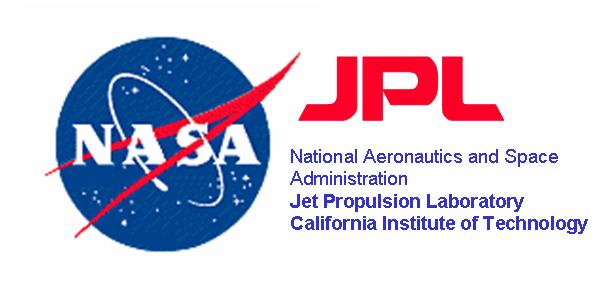
On December 16, the NASA JPL Mobility and Robotics Section Seminar talk was “R2U2: Formal System Health Management for Autonomous Systems,” delivered by Prof. Kristin Yvonne Rozier, hosted by Dr. Amir Rahmani.
